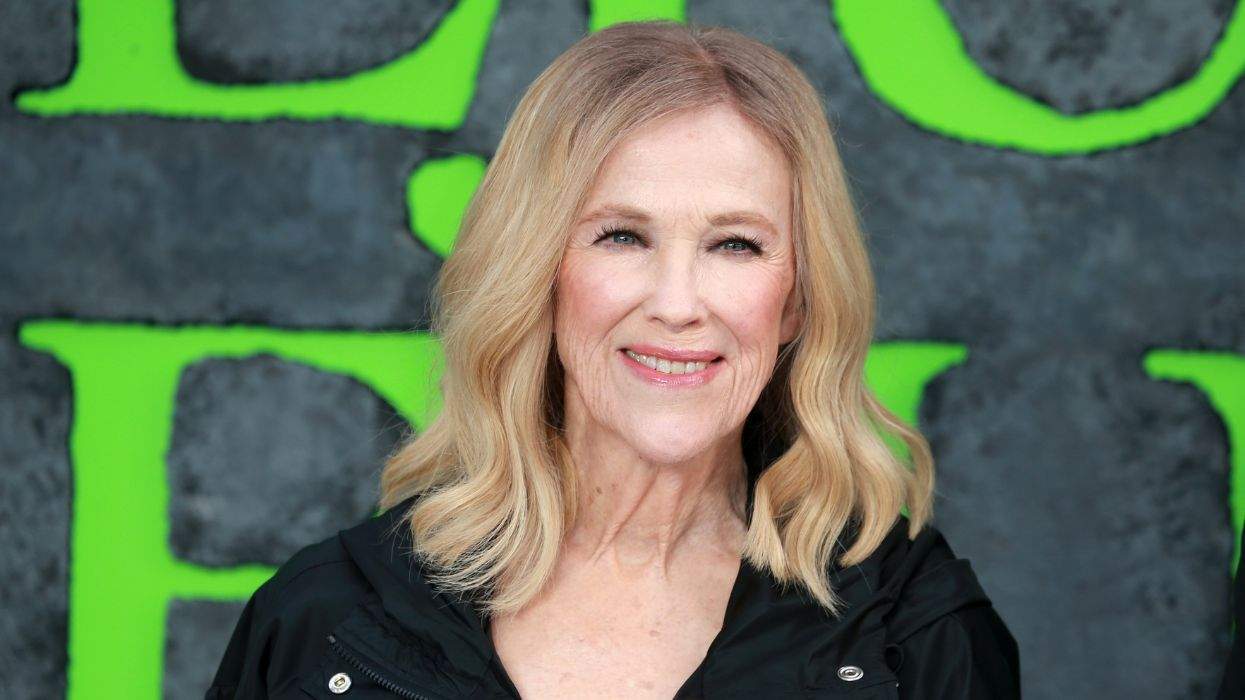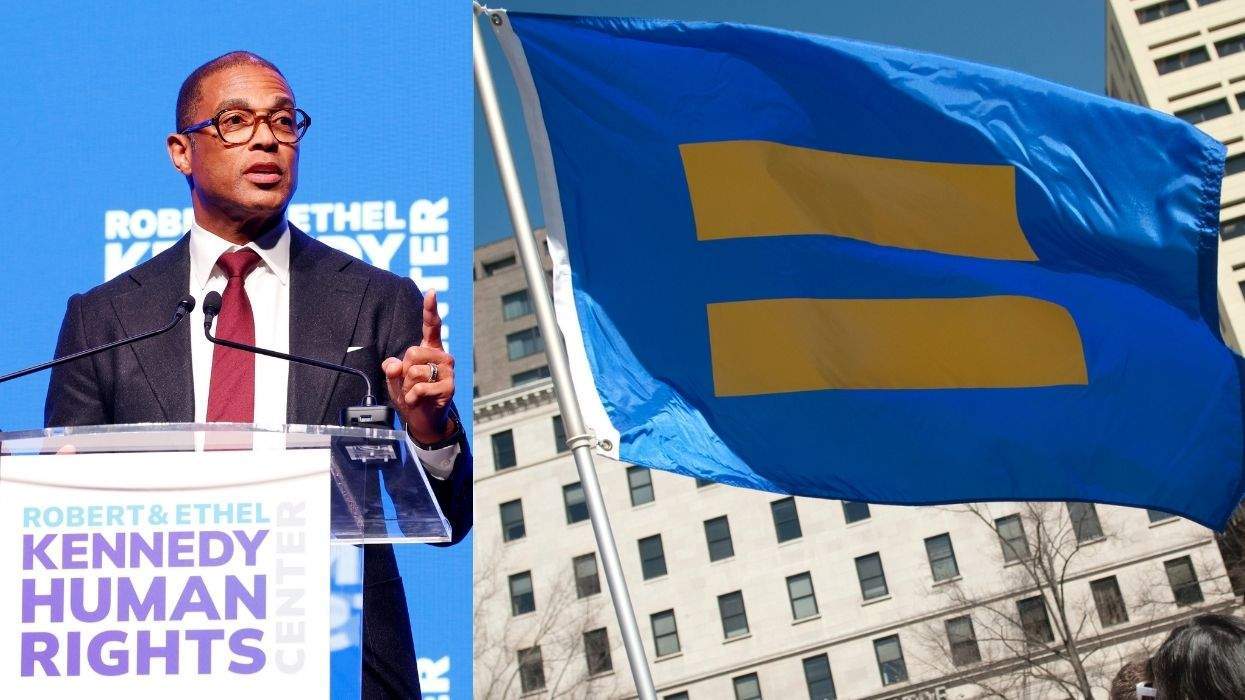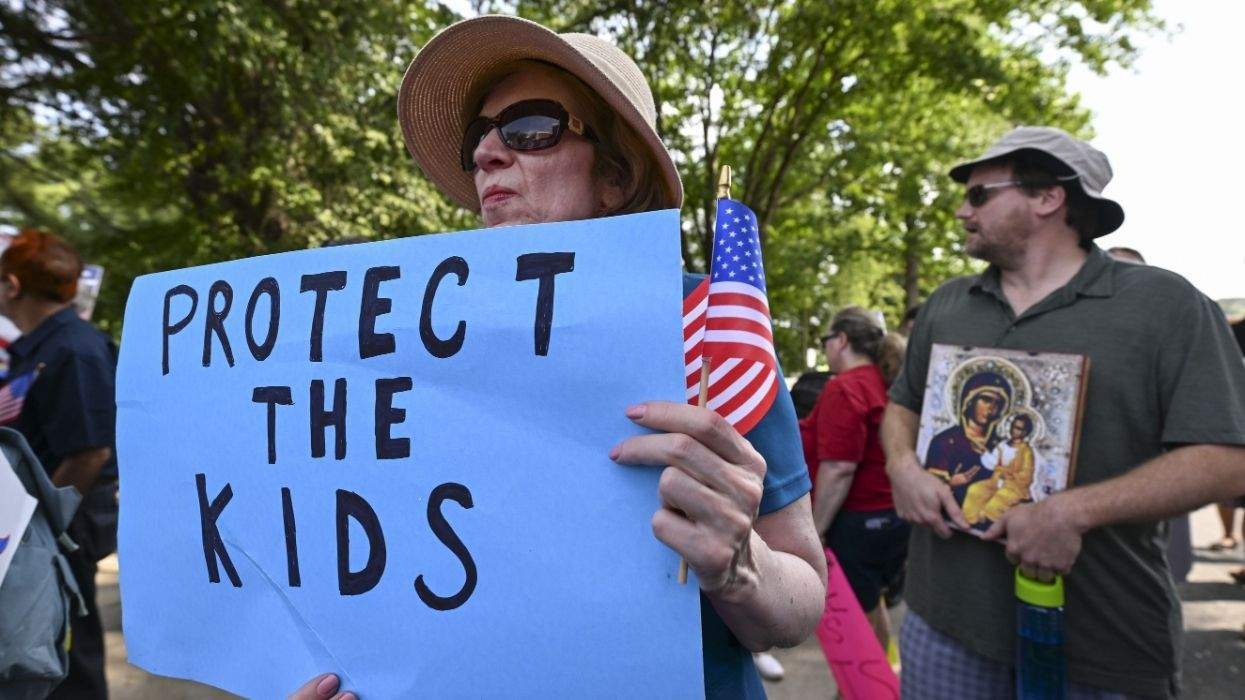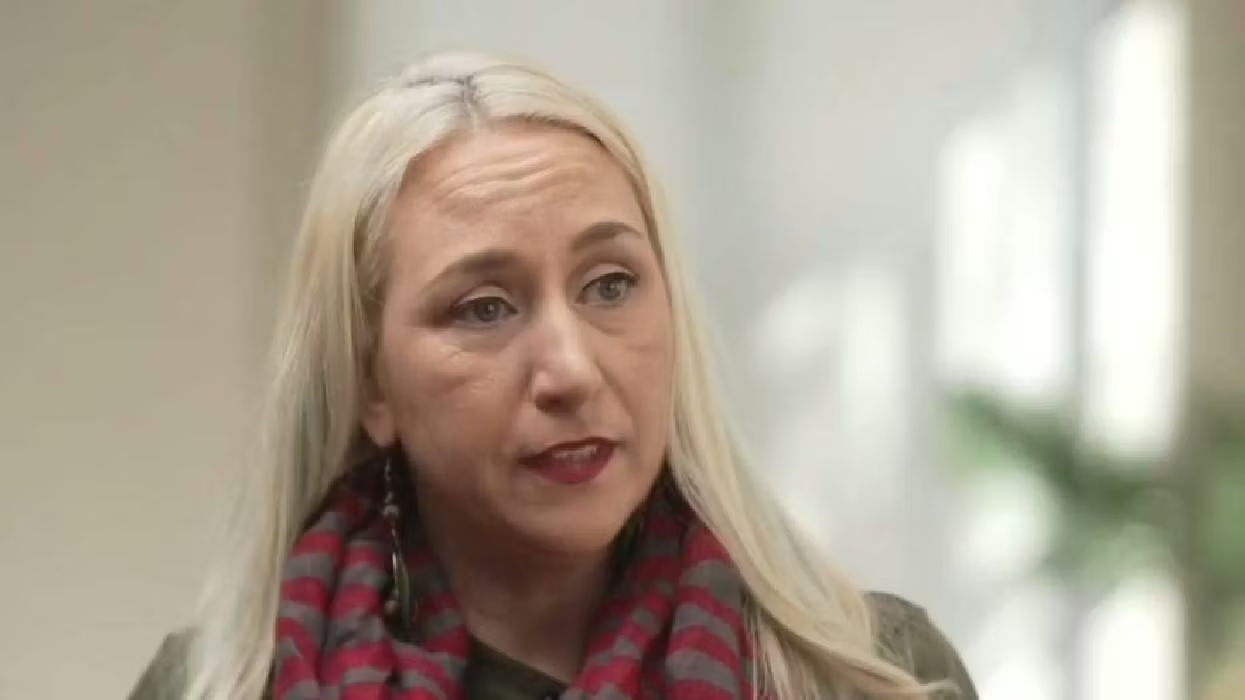Poland has elected its first out gay mayor, reports the Associated Press. In its most recent round of local elections, the largely Catholic country also had a record number of LGBT candidates.
Two days before the election in the city of Slupsk, candidate Robert Biedron told the AP that he was proud of his fellow Poles for their quick evolution from widespread intolerance to greater acceptance of LGBT people.
"I see how fast Polish society has learned its lesson of tolerance," Biedron told the AP. "So I am very optimistic and happy with Polish society -- and proud."
Before handily winning his recent runoff election for the office of mayor, Biedron previously won a seat in Parliament. The left-leaning lawmaker's 2011 victory made him Poland's first out politician ever elected to high office.
That same year, Anna Grodzka became Poland's first transgender elected official. Making her victory all the more significant, Grodzka won a seat in Parliament representing staunchly religious Krakow, the hometown of Pope John Paul II.
The 'Biedron Effect'
Now, as record numbers of LGBT candidates seek public office, Polish media have dubbed the phenomenon of growing acceptance for LGBT candidates the "Biedron Effect."
But the Biedron Effect could easily be called the Replika Impact, in honor of a Polish LGBT advocacy magazine. When Replika's editor, Marlusz Kurc, took to Facebook to urge candidates to come out of the closet during the 2011 campaign season, he had no takers.
By this year, almost 20 candidates followed Biedron's example and took up Kurc's challenge. The fact that none of them won had more to do with the fact that they were political novices and leaned too far left than with the fact that they were LGBT, according to the AP.
"These people have enormous courage, in my opinion," Kurc told the AP. Among those who heeded Replika's call for politicians to come out was a candidate for mayor of Warsaw, Poland's capital. Consensus among several media reports is that Joanna Erbel's coming out as bisexual played little, if any part, in her garnering only three percent of the vote.
While homophobia and antigay violence certainly still exist in Poland, the former Soviet satellite state has gone from being a nation where LGBT Pride events were banned to one where overt antigay slurs and hate speech are rare occurrences in public spaces and in the media.
Even those who voiced opposition to Biedron's candidacy ultimately came around to support him, the AP notes. One heckler among a crowd that taunted Biedron with antigay slurs while he was campaigning at a soccer match later approached the mayor-elect to tell him the hecklers had actually voted for him -- because Biedron was the only candidate who bothered to visit them.
Ultimately, Biedron believes his homosexuality was of little interest to voters in a Polish society eager to grow its economy further.
"No one was interested in these things," Beidron told Polish media outlet TVN24. "People wanted to talk about unemployment, the city's development."
Growing Acceptance Means Growing GDP
The ongoing shift from a deeply antigay society to one that is more inclusive and tolerant is likely partially attributable to Poland's surprising economic prosperity. Whereas nearby Hungary was expected to be the former Eastern Bloc country most likely to thrive when capitalism arrived following the dissolution of the Soviet Union, hopes for Poland's prosperity were more modest.
But as it turned out, Hungary struggled to adapt to a market economy, while Poland's economy has been growing at an average rate of 3 percent for the past four years, according to the World Bank. Meanwhile, Hungary has crept along at barely half a percent during the same period.
Such relative prosperity has historically preempted political scapegoating, which often targets vulnerable minorities, including lesbian, gay, bisexual, and transgender people, as the "source" of a society's ills. Nowhere is this contrast between prosperous tolerance and desperate scapegoating more evident than when looking at Poland compared to its former communist overlord, Russia.
Russia's Finance Ministry announced this week that the country's once-booming, energy-driven economy will fall into recession next year. That's especially bad news for LGBT Russians, who are already suffering under a draconian nationwide ban on so-called gay propaganda. President Vladimir Putin has already made a habit of blaming minorities -- including LGBT people -- for Russia's economic and, as Putin and his allies believe, moral decline. That scapegoating is likely to get worse as the former world power's recession deepens and Putin attempts to defend the "traditional" Russian culture from cultural advances he frequently paints as "Western depravity."
By contrast, Poland is generally a better place to be LGBT today -- not too intolerant and not too homophobic. And fortunately for Poland's LGBT population, there is no forecast for a decline in the domestic economy or the Biedron Effect. In fact, according to the AP, Biedron was elected on a platform of economic-growth policy proposals. At the same time, Poland's finance minister is leading the charge for a proposed new European Union infrastructure-construction fund amounting to nearly $1 trillion.















